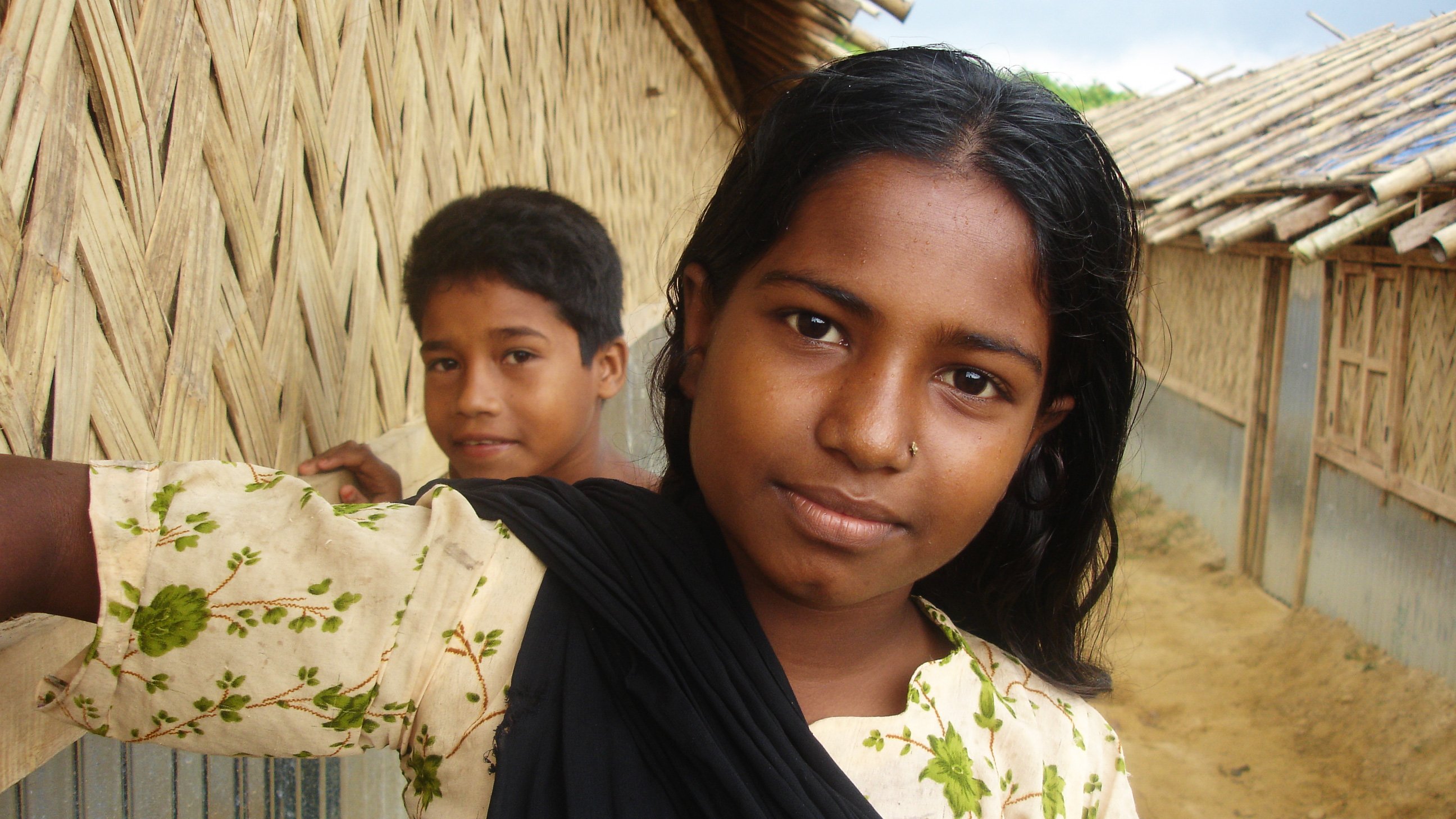A stateless Muslim minority from Myanmar's northern Rakhine state, the Rohingya have long sought refuge from ethnic and religious persecution by Myanmar's government.
"We have not yet had a formal response to our request for access but we have positive indications that a formal response is on the way," Kitty McKinsey, a spokeswoman for the agency told IRIN on 29 January from Ranong city, the capital of Ranong Province.
"We had a good meeting with Foreign Minister Kasit Piromya today [29 January] and there is obviously a wish to collaborate with UNHCR," she said.
The 78 Rohingya - 66 men and 12 teenage boys - were intercepted two days earlier by the Thai navy following an arduous journey across the Andaman Sea and claims of abuse by the Burmese navy en route.
The 12 teenagers, who were exempt from persecution, are being held at an immigration detention centre, but are largely expected to be deported with the men on 31 January.
In a 29 January report in the Bangkok Post, Thailand's leading English-language newspaper, Police Lt-Col Nattharit Pinpak, Ranong's immigration police chief inspector, said illegal refugees normally faced immediate deportation.
But since the Rohingya issue had gained international attention, he would wait for a policy directive from a higher authority, the report said.
Abuse allegations
Allegations were made earlier this month that the Thai military had abused more than 600 Rohingya before the new year, towing them out to sea to die, a charge the government has vehemently denied.
And while many were later rescued off the coasts of India and Indonesia, hundreds more are still believed missing.
On 20 January, UNHCR asked for access to 126 Rohingya being detained by Thai authorities after that incident, but sources suggest they have been since towed out to sea as well.
Thai Prime Minister Abhisit Vejjajiva insists the Rohingya entering Thailand are "illegal immigrants" and must be sent back to their country of origin.
Thai officials maintain "basic humanitarian needs" are given to the migrants before they are returned home.
According to the Thai Foreign Ministry, the plight of the Rohingya reflects that of economic migrants in the region and that some 20,000 illegal Rohingya are living in Thailand today.
There are 28,000 recognised Rohingya refugees in two UNHCR camps in southern Bangladesh and some 200,000 unregistered Rohingya living outside the camps.
Each year, scores of Rohingya escape from Myanmar's Rakhine state by boat, often turning up in Thailand, Malaysia or as far away as Indonesia.
Thailand estimates their numbers in the thousands.
Because the plight of Rohingya is a regional problem, UNHCR is seeking to discuss with the Thai government how all concerned countries can address the root causes that impel the Rohingya to risk their lives on such perilous journeys.
ds/mw
This article was produced by IRIN News while it was part of the United Nations Office for the Coordination of Humanitarian Affairs. Please send queries on copyright or liability to the UN. For more information: https://shop.un.org/rights-permissions





